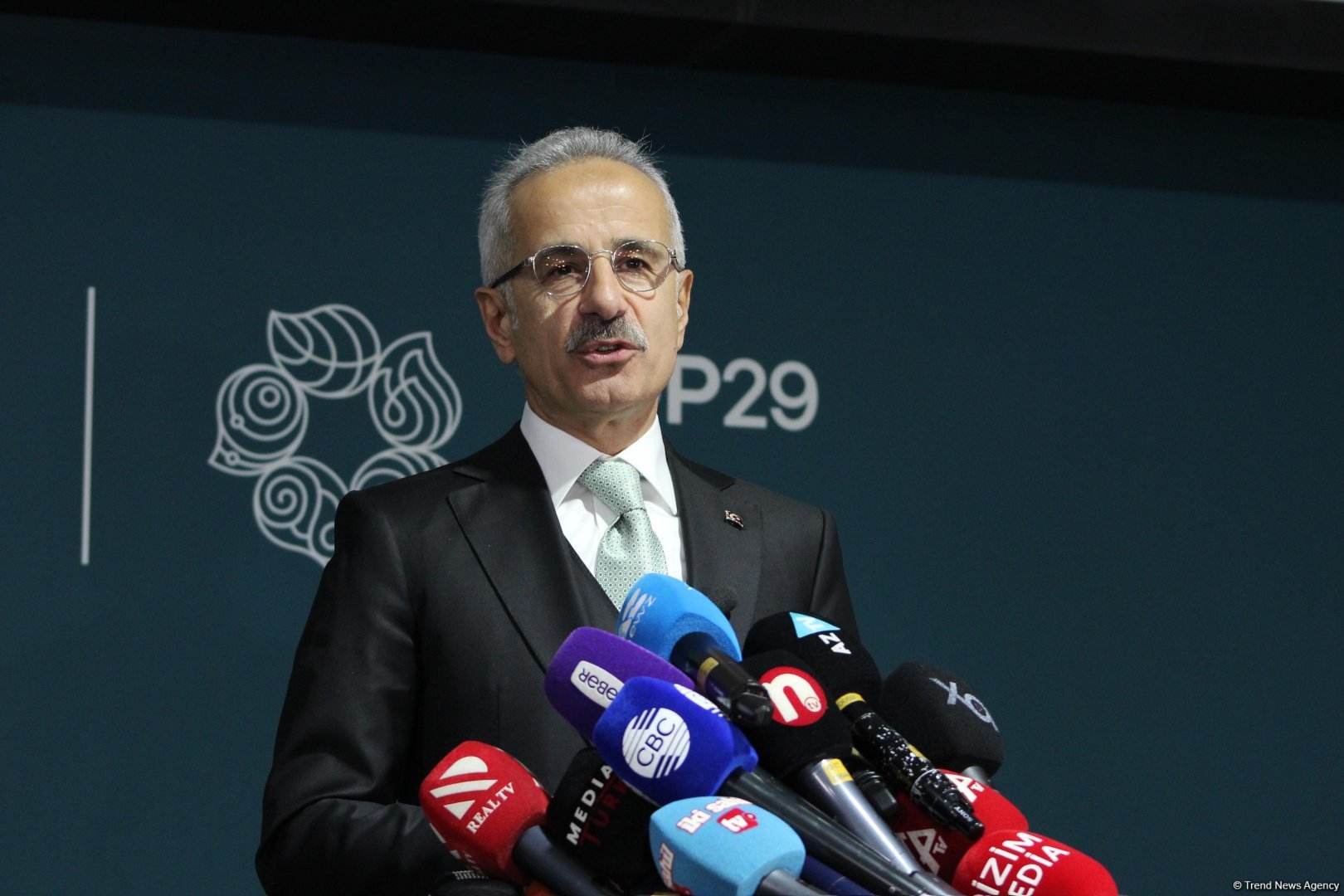As the first university semester of 2024 begins across
the country, The Meningitis Foundation is urging students
and parents to educate themselves on the risks associated
with bacterial meningitis, and to get vaccinated as early as
possible.
The Institute of Environmental Science and
Research (ESR) meningococcal data for 2023 indicated there
were 59 meningococcal cases in 2023. While an overall
reduction on the previous year, the only age group that saw
incidents increase was the critical 15-24 age group,
increasing from 13 to 18 cases.
The Meningitis
Foundation board chairman Gerard Rushton says this increase
is unacceptable and extremely
concerning.
“Approximately 30% of all meningitis
cases last year were from people aged 15-24,” he says.
“This group of young people need protection against this
disease through vaccination, and many aren’t aware that
there are funded vaccines available to them.”
The
Meningitis Foundation was present at university orientation
events at Lincoln University and the University of
Canterbury last week, and this week it will be present at
the University of Otago, with student health services
offering free vaccines to those eligible.
At the
University of Canterbury Open Day student health vaccine
drive on 16 February, student demand saw all available
vaccines administered by lunchtime. The University of Otago
also has a considerable number of available vaccines on site
today and tomorrow, all of which are expected to be
used.
Advertisement – scroll to continue reading
“While the overall response on the ground here
in Canterbury and Otago has been positive, with students
eager to vaccinate and protect themselves, our rangatahi
should be starting university life fully protected against
meningitis, instead of starting a vaccine course in week
one,” says Rushton.
“What we really need is an
expansion of the eligibility criteria so that all young New
Zealanders have access to free vaccines in high school and
can start university life fully protected.
“This
at-risk group is overrepresented in the data for a
reason,” he continues. “We believe the low vaccination
rates are directly related to the fact that the eligibility
criteria for free vaccines are too confusing and too narrow.
We know New Zealanders want the vaccine when it is available
to them. Why are we withholding it?”
On 1 March
2023, Pharmac began funding the meningococcal B vaccine
(Bexsero) for all children up to 12 months of age (with a
relevant catch-up programme), and for people aged 13 to 25
years who are entering into or in their first year of
specified close-living situations (with a limited catch-up
programme).
The criteria are the same as those for
existing meningococcal ACW&Y vaccine, which is also free
to eligible groups. Following the expiry of the catch-up
programme, only those in their first year in a specified
close living situation will be eligible.
Close living
situations include boarding school hostels, tertiary
education halls of residence, military barracks, and
prisons.
The bacteria that cause meningitis are
transmitted from person-to-person through droplets of saliva
or spit. Close and prolonged contact, such as kissing,
sneezing or coughing on someone, or living in close quarters
with an infected person, facilitates the spread of the
disease. Is can also spread through the sharing of vapes and
drink bottles or cups.
The symptoms of
meningococcal meningitis in adults and children
are:
- A stiff, sore neck.
- A
sensitivity to light, or a dislike of bright lights (an
early warning sign of meningitis). - A severe
headache. - If the child or adult is difficult to
wake, or in a drowsy and confused state. - A fever,
sometimes accompanied by cold hands and feet. - Aching
sore joints. - Vomiting – a common symptom of
meningitis in both children and adults. - Convulsive
fits or seizures is characteristic of
meningitis.
About the Meningitis
Foundation – Aotearoa New Zealand
Founded
in 2010 and administered by a six-strong Board of Directors,
the Meningitis Foundation Aotearoa New Zealand strives to
educate New Zealanders and raise their awareness of
pneumococcal and meningococcal meningitis, promoting its
prevention and control by:
- providing timely,
accurate and credible information and educational resources
to the general public and healthcare
professionals - providing a forum for friends and
families affected by meningitis to connect and share their
stories for mutual support and ongoing awareness of the
reality of the disease - being an active voice to
support public health policy and the introduction of further
vaccines to high risk groups - supporting an increase
in vaccination rates to improve New Zealand’s record for
protecting
children.
© Scoop Media
Advertisement – scroll to continue reading





















Discussion about this post